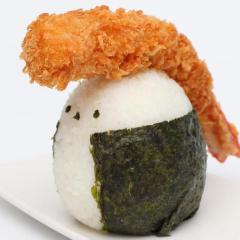-
Welcome to the eG Forums, a service of the eGullet Society for Culinary Arts & Letters. The Society is a 501(c)3 not-for-profit organization dedicated to the advancement of the culinary arts. These advertising-free forums are provided free of charge through donations from Society members. Anyone may read the forums, but to post you must create a free account.
Animal, Vegetable, Miracle
-
Similar Content
-
- 458 replies
- 142,364 views
-
Cooking with "Six Seasons: A New Way with Vegetables," by Joshua McFadden 1 2 3 4 12
By blue_dolphin,
- 287 replies
- 90,163 views
-
Bergamot: Suggested fruits/vegetables to add to jams and marmalades that use bergamot, and any other ideas for using it.
By cteavin,
- 8 replies
- 925 views
-
- 19 replies
- 3,749 views
-
- 18 replies
- 5,410 views
-
-
Recently Browsing 0 members
- No registered users viewing this page.







Recommended Posts